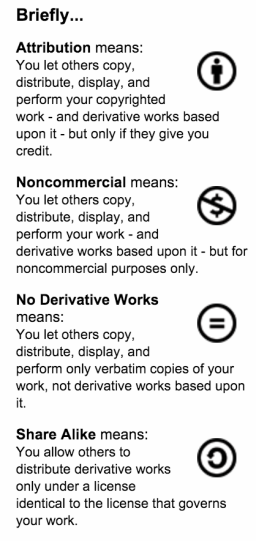Frankfurt School
The world around us changes day in day out. Many new and innovation forms of technology surpassing anything we previously had. This allows us to see a new world that we wouldn’t normally see. As a result of this, a vacuum has formed around different classes. This was more noticeable in the 1930s as very few households had what we regard as essential forms of media e.g. radio. The Frankfurt school found this out, as a result many people and theories have wondered why this is the case. Why people on lower-income become somewhat less informed of the world around us.
One key point of the Frankfurt school was the fact that society can act almost like a hand-y-down between siblings. But instead of person belongings it was mass media. A prime example of this was in the early 20th century where upper class and some of the middle class had a radio or as they knew it a wireless. On the device you would get a small yet useful array of daily stations which provide you with news, music, plays and classical music just to name a few. As can be seen this is a massive leap forward to what we now know as modern mass media. However, this rise in modern media did has some consequences on the lower and middle class families. This is partly a result of big boom in people living in cities instead of living in the countryside. Or more commonly know as the industrial revolution. This massive revolution had completely changed the way in which the whole world worked. Now people were living within feet of each other instead of the big open air countryside. This then lead to the improvements of mass media by making it cheaper and more accessible to everyone.
So why would we say that the world around us acts like a hand-y-down. Well it’s partly due to the way in which our society is structured however it’s mostly due to the way in which we consume mass media and how quickly it can change around us. This results in the higher, well paid get the latest and most expensive device out there while compare that to a low-income family who wouldn’t get it straight away. As a result, you could say that may low income families are less educated due to now being able to fund such changes however this is not always the case since, after all we are humans and we are best at adapting to new environment’s and challenges.
Tony Basten




 I have so many friend that use this app to change the size of their hips, the structure of there face and even the tone of their skin, is it all worth it? On YouTube lifestyle blogger and make-up enthusiast, Patricia Bright, even gives a tutorial on how to use such editing apps which shows that editing has become the norm in society.
I have so many friend that use this app to change the size of their hips, the structure of there face and even the tone of their skin, is it all worth it? On YouTube lifestyle blogger and make-up enthusiast, Patricia Bright, even gives a tutorial on how to use such editing apps which shows that editing has become the norm in society.
 If we are to understand this relationship between the media- I believe that a lot of theory is required- to connect the dots between the issue of community, of the internet history, the online visibilty etc. I believe that the enormous power that we may recognize in each topic is related to the others.
If we are to understand this relationship between the media- I believe that a lot of theory is required- to connect the dots between the issue of community, of the internet history, the online visibilty etc. I believe that the enormous power that we may recognize in each topic is related to the others. keep on changing.
keep on changing.
 Apple music is a new app which was launched last year. it is another music streaming app that provides hand-pick songs, artists and albums based on what you listen to and like. although there are a variety of online music apps such as sound cloud, spotify, tubidy and Youtube, apply music provides you with the latest hit when exactly when they come out. the app gives you three months free trial before you subscribe to paying £9.99 a month.
Apple music is a new app which was launched last year. it is another music streaming app that provides hand-pick songs, artists and albums based on what you listen to and like. although there are a variety of online music apps such as sound cloud, spotify, tubidy and Youtube, apply music provides you with the latest hit when exactly when they come out. the app gives you three months free trial before you subscribe to paying £9.99 a month. thanks for reading guys 🙂
thanks for reading guys 🙂 Flickr is a well-known online picture sharing platform, and many of its users have chosen to share their work under a
Flickr is a well-known online picture sharing platform, and many of its users have chosen to share their work under a 


 ng for it. E-books that are still under the copyrights law are being accessed through platforms such as Amazon, or Kindle- but you must pay for those.
ng for it. E-books that are still under the copyrights law are being accessed through platforms such as Amazon, or Kindle- but you must pay for those.




